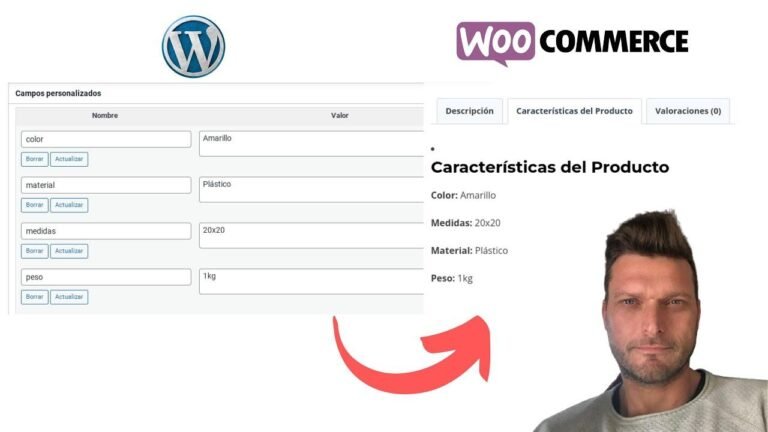Technical SEO is like the secret sauce of online success. It’s the behind-the-scenes magician that can make or break your website’s performance. Think of it like a treasure map for search engines, guiding them to your digital gold. So, dive into the world of technical SEO and watch your online presence sparkle!🔍✨
Understanding Technical SEO
When it comes to SEO, most people are familiar with video and thumbnail SEO, but there is a category that is often overlooked – technical SEO. This is where high-quality websites may face issues, especially when it comes to mobile and desktop page experience. Technical SEO is a vital aspect that shouldn’t be missed out on, and this course will help you to fix the technical aspects of your SEO easily.
Page Experience: An Important Aspect of Technical SEO
One of the most important aspects of technical SEO is page experience. It encompasses a range of factors including mobile and desktop improvements. As of October 18th, there are various improvements that are required, such as LCP (Largest Contentful Paint) issues and FID (First Input Delay) issues. These issues may require customization from a web vitals perspective.
Web Vital Perspective: LCP, FID, and Others
From a web vitals perspective, there are more issues to address, besides LCP and FID. An understanding of accessibility best practices is crucial for SEO, as it may impact page speed. The performance of your website can be checked using various tools, and by using Google’s Search Console, you can identify and fix issues that may impact your website’s ranking.
Site Indexing and Crawl Errors
It’s crucial to ensure that your website’s pages are getting crawled and indexed by Google. This can be achieved by using tools like Screaming Frog and Google Search Console, which allows you to check for any crawl errors. By identifying and fixing these errors, you can improve your website’s SEO performance and ranking.
Duplicate Content and URL Structure
Having duplicate content on your website can impact its performance and indexing. Tools like Screaming Frog can help you identify duplicate content and fix it accordingly. Additionally, ensuring the correct URL structure and using tools like AHREFs can help you improve your website’s performance.
HTTPS, XML Sitemaps, and Robot.txt
Google has made HTTPS the default algorithm for URLs, which means having an HTTPS secured URL is essential. Creating an XML sitemap for your website is crucial for search engine optimization, and it can be done using plugins like Rank Math. Furthermore, ensuring that your website’s robot.txt file is correctly configured will help Google understand how to navigate and index the pages of your website effectively.
Schema Markup and Rich Results
Implementing schema markup on your website is critical for enhancing the visibility of your content in search engine result pages. Tools like Rank Math can help you create structured data and schema markup, which can lead to rich results in search engine rankings.
Conclusion
Technical SEO is a complex yet essential aspect of optimizing your website for search engines. By understanding and addressing technical aspects such as page experience, indexing, crawl errors, duplicate content, URL structure, and schema markup, you can improve your website’s performance and enhance its visibility in search engine results.
Key Takeaways
| Technical SEO encompasses various critical aspects, including page experience, mobile and desktop improvements, and web vitals perspectives. |
| Tools like Google Search Console, Screaming Frog, and AHREFs can help identify and fix crawl errors, duplicate content, and URL structure issues.|
| Implementing schema markup and rich results can enhance the visibility and performance of your website in search engine rankings.|
FAQ
Q: How can technical SEO impact website performance?
A: Technical SEO plays a crucial role in improving aspects such as page experience, indexing, and schema markup, which can directly impact a website’s performance and visibility in search engine rankings.
Q: Why is HTTPS important for websites?
A: HTTPS has become the default algorithm for URLs in search engines, and having a secured HTTPS URL is crucial for enhancing website security and performance.
Q: What is schema markup, and how can it benefit a website?
A: Schema markup is a structured data format that can be added to a website’s HTML, providing search engines with necessary context about the website’s content. This can lead to rich results and enhanced visibility in search engine rankings.






